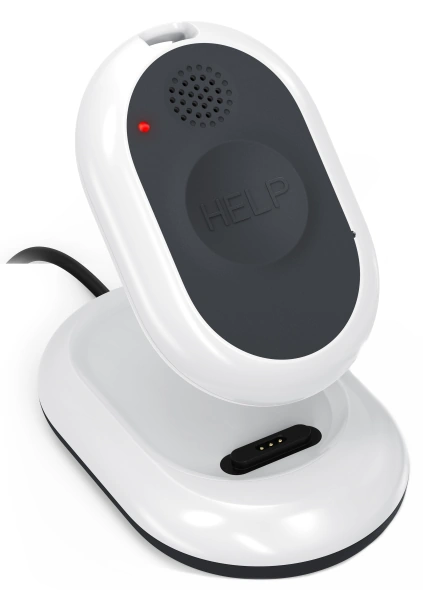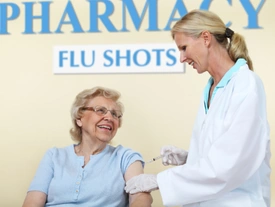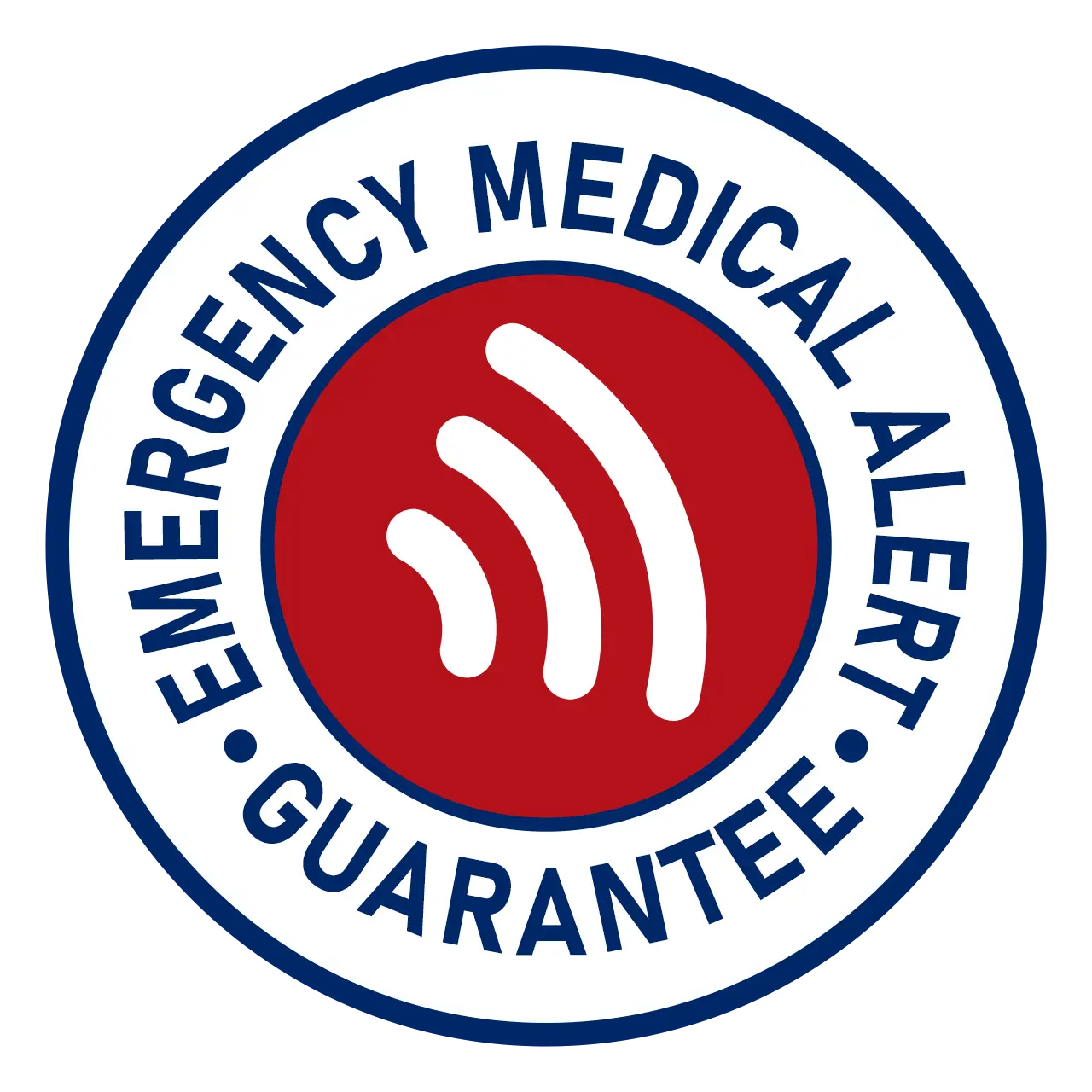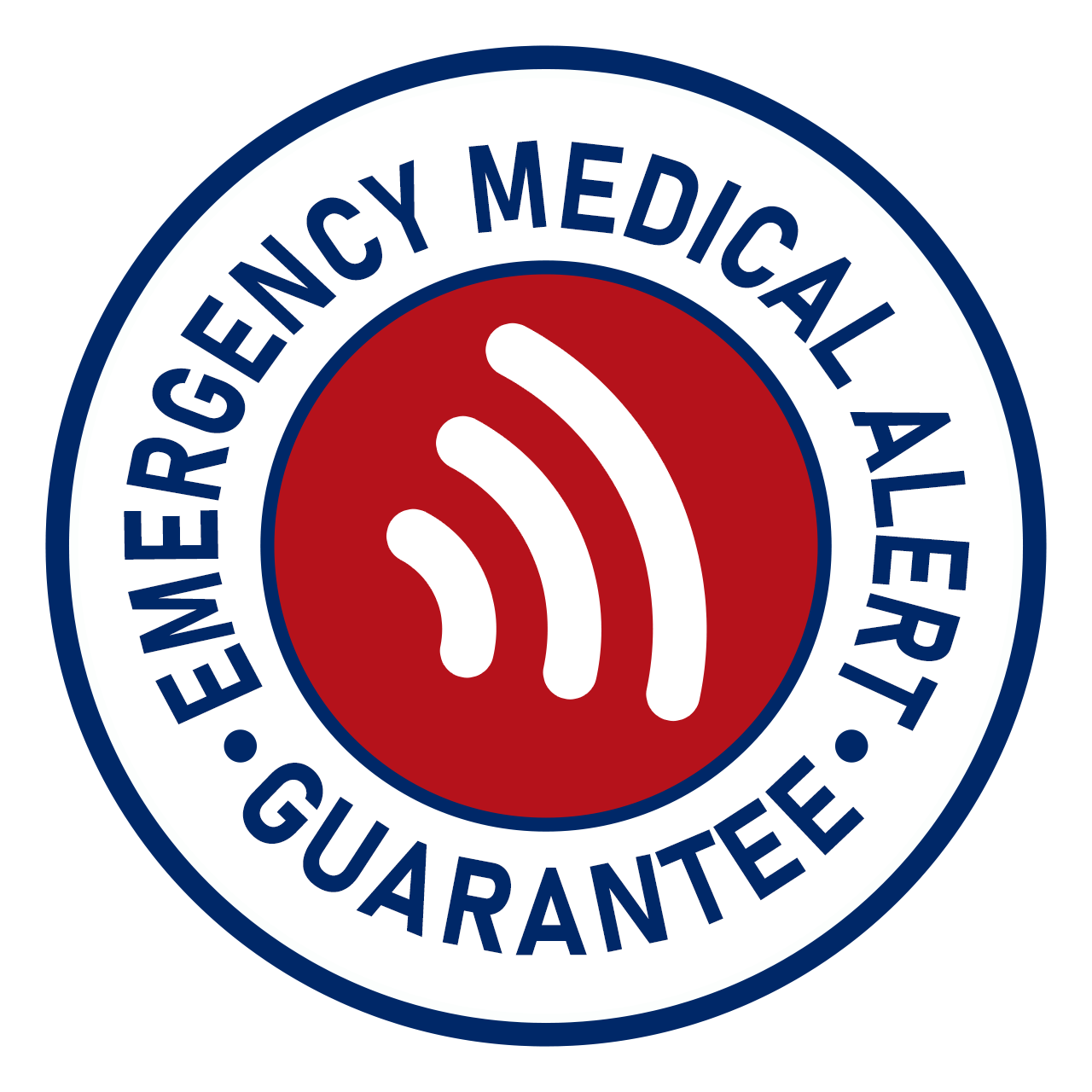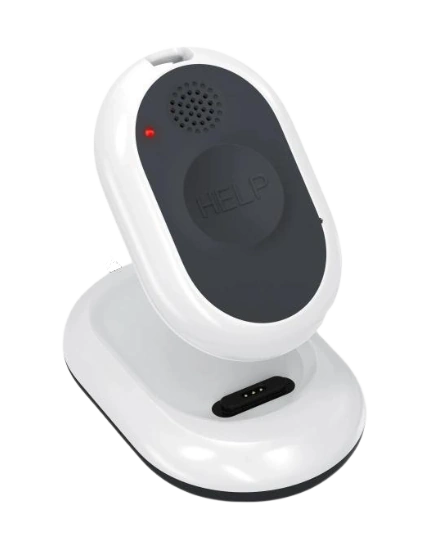Glaucoma Symptoms: Early Warning Signs You Shouldn’t Ignore
Key Takeaway
Glaucoma often develops silently, making early detection essential. Watch for subtle signs like peripheral vision loss, trouble adjusting to darkness, eye fatigue, or halos around lights, and seek urgent care for sudden pain or blurred vision. Regular eye exams are the most effective way to catch glaucoma early and protect long-term vision.
There is something very important to note about glaucoma: most people don't even know they have it until there has been some damage done. It does not hurt; there is no big alarm, and your vision might seem just fine until it is not.
That is why some people call it "the silent thief of sight," and it is quite appropriate. It creeps up on you. The scary part? Once your vision's gone, you can't get it back. So, it's a big deal to catch it early.
If something feels off with your eyes, or even if it doesn't, it's worth checking. It could save your sight down the line.
Early Signs Of Glaucoma To Watch Out For
A very early stage of glaucoma, when symptoms are still absent or not visible enough, could be diagnosed by examining only the eyes that offer hidden hints.
When the very first glaucoma symptoms are observed and handled promptly, there is a very good chance that your vision will be safe and healthy for many years to come.
Mild Vision Loss
The slow loss of your peripheral vision (side vision) is one of the earliest changes that occur with glaucoma. You may find that you are bumping into more things or even have trouble seeing things on the side of your visual field.
The loss of peripheral vision happens so slowly that people often have advanced losses of peripheral vision and have no idea that any visual loss occurred.
Difficulty Adjusting to Darkness
If you find yourself having trouble transitioning into a low-light or dark space after being in a well-lit environment or struggling to see anything in the dark, then your eyes may be indicating a deeper concern or issue, like glaucoma.
As this symptom is often overlooked simply as a function of aging, it may also be an early warning sign.
Eye Fatigue
Long-lasting eye fatigue or strain after reading, screen use, or other close-up work can be another general sign. Though this can be associated with other causes and not necessarily point to glaucoma, chronic eye fatigue, particularly in one eye, should be viewed as a serious warning sign.
When Symptoms Of Glaucoma Become More Noticeable?

At first, glaucoma is hard to notice. But as it gets worse, changes in vision become obvious and need quick attention. As quickly as you notice these symptoms, you must visit an eye doctor and get checked.
Tunnel Vision
Tunnel vision means the loss of your peripheral field of vision. You may be able to see what is in front of you, but gradually, glaucoma will take the strain off your central vision while silently reducing your peripheral viewing ability.
Tunnel vision is one of the first and most obvious changes to visual fields and is one of the first changes if the optic nerve is affected by glaucoma.
Blurry Or Hazy Vision
As pressure in the eye builds, vision may become blurred or cloudy. You may realize this when reading, driving, or even while just walking around. If you have tried glasses or contacts and it is not helping, you may be facing something greater than a visual issue.
Seeing Halos Around Lights
Having halos or rainbow-like rings surrounding lights while viewing at night may be related to an increase/differential in intraocular pressure and can make it difficult to drive at night, for some people. This symptom is commonly associated with both open-angle and angle-closure types of glaucoma.
Sudden Symptoms: Acute Angle-Closure Glaucoma
Hereditary glaucoma slowly develops over the years, at the same time, angle-closure glaucoma may come very fast and the care it needs is emergency.
Acute angle-closure glaucoma happens without pressure. If there is a blockage of drainage (which happens quickly), eye pressure can mount very quickly.
Some of the warning signs of acute angle-closure glaucoma include:
- Severe eye pain: Often sudden and intense, usually in one eye.
- Sudden blurred vision: Vision may go from normal to blurry within hours.
- Red-eye: The affected eye may appear noticeably red.
- Headache: Often centered around the eye or forehead.
- Nausea Or Vomiting: It happens especially when combined with visual disturbances.
- Seeing Halos Around Lights: Usually more intense and accompanied by pain.
If you feel any of this happening, don't mess around, go get it checked out right away. Waiting could cost you your sight.
Who Is Most At Risk?

Anyone could get glaucoma, but some people are at a higher risk of the disease. If you are aware that you belong to the risk group, it would greatly benefit you to remain vigilant with respect to the early symptoms.
The more you understand your own risk, the more likely you are to catch it early and stay on top of those regular eye checkups. It may not seem urgent now, but knowing about it could matter later on.
The risk factors include:
- Age: Once you hit your 40s, your odds of getting glaucoma start to creep up, especially the common open-angle type.
- Family History: If a parent or sibling has had glaucoma, your own risk jumps noticeably. It's worth mentioning at your next eye exam, so your doctor can keep a closer watch.
- Ethnic Groups And Risk: Folks who are African American or Hispanic tend to develop glaucoma more often and often at younger ages, so regular screenings are especially important.
- Existing Medical Conditions: Diabetes, hypertension, and heart disease can be risk factors.
- History Of Eye Injury: Since eye trauma can result in pressure and lead to secondary glaucoma.
If any of this applies to you, it's smart to see your eye doctor regularly, even if your vision seems totally fine. Glaucoma doesn't always give early warning signs, so catching it early is really your best shot at protecting your sight.
Conclusion
While glaucoma emerges slowly in most cases, angle-closure glaucoma is an exception. It is not progressive but acute, and it triggers a sudden increase in the pressure of the eye.
This is indeed a critical condition that calls for immediate hospitalization so that permanent blindness is not caused. This is the reason why you should not wait for glaucoma symptoms to occur as the saying goes, "Prevention is better than cure."


